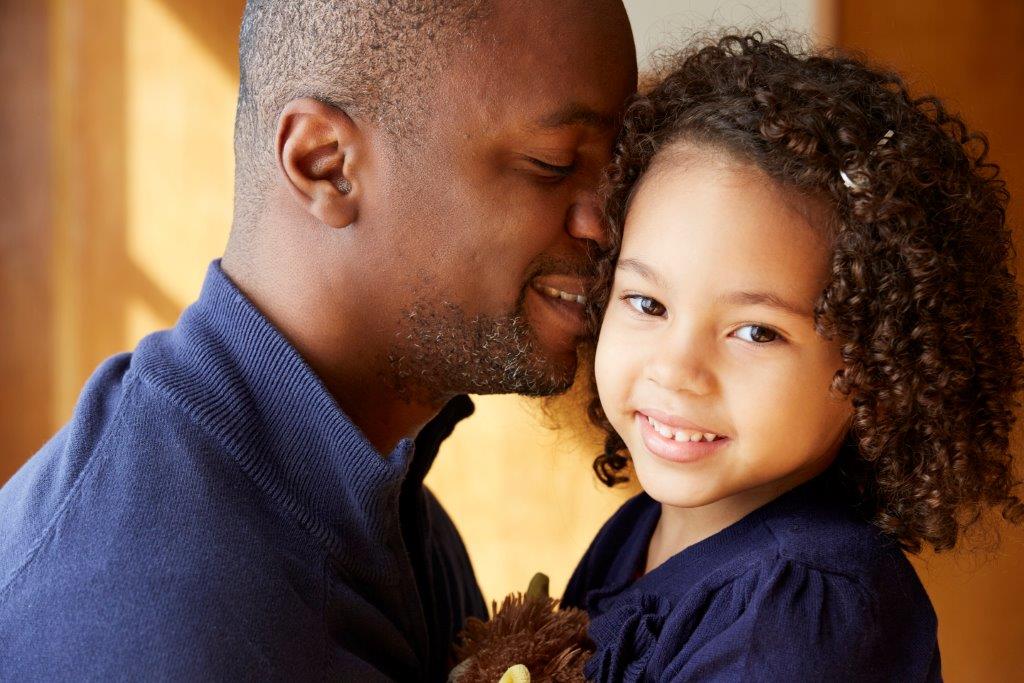Here's a Powerful Parenting Mantra: Before You Correct, Connect

When your child misbehaves, how do you react? Do you get angry and criticize? Do you immediately think about punishment? There’s a better way that will make everyone feel a lot better and also yields better results: Before you make a correction, make a connection.
Extensive research shows that we cannot influence our children—in other words, change their behavior—unless we first have a strong emotional connection with them. That’s why, when faced with unwanted behavior, it’s often better to focus on the relationship with the child rather than the misdeed at hand.
So next time your child, say, hurls a cup of juice across the room, take a breath, and get into connection mode. Here’s how.
-
Stop doing whatever you are doing and give your child your full focused attention. Really listen to whatever it is the he is saying. This keeps bad behavior from escalating.
-
Validate your child’s feelings and give him some language to talk about them. This can be hard if he’s just done something that really pushes your buttons, but there’s a reason to start with your child’s feelings: Children will only be able to really listen to you after they feel listened to. Take the juice-hurling example. A parent might say something like, Wow, that was a really big throw, you must be SUPER mad. Like an elephant-tearing-down-a-tree mad. Am I right?
-
When your child has calmed a bit, then it’s your turn to share your feelings, which are every bit as valid. When I see the juice all over the floor I feel discouraged because I want our house to be a comfortable place for our family. If I have to mop the floor, I have to stay up later and I’m really feeling tired.
-
After a cooling off period, focus on solutions with your child—and remember your sense of humor! This mess is super huge, maybe we need the ShopVac. Or What would you like for your cleaning up music? "Frozen" or "Uptown Funk"?
-
Instead of imposing consequences, ask curiosity questions. Asking genuine questions about what happened (and listening to the answers) helps children thoughtfully explore the results of their choices. How do you feel about what happened? How can you do it differently in the future?
-
Give hugs. As silly as this sounds, there are times when all of us need nothing more than a hug.
-
Spend special time with your child when they are not misbehaving. What would create a greater connection for your child than to spend one on one time with him or her?
Of course, the need for correction is a must in families, but it’s minor, really, in comparison to creating real connections, which can last a lifetime. The quality of the relationship we create with our children will profoundly influence the outcome of our biggest job ever—helping them become autonomous, wonderful people in the world.





